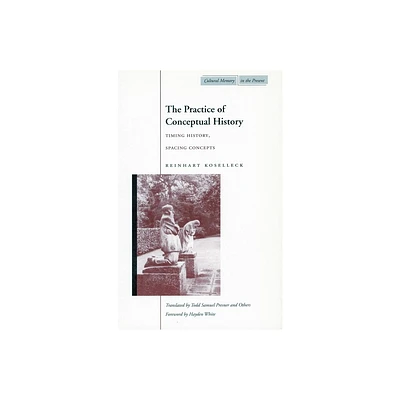Home
Mechanism: A Visual, Lexical, and Conceptual History
Loading Inventory...
Barnes and Noble
Mechanism: A Visual, Lexical, and Conceptual History
Current price: $50.00


Barnes and Noble
Mechanism: A Visual, Lexical, and Conceptual History
Current price: $50.00
Loading Inventory...
Size: OS
*Product Information may vary - to confirm product availability, pricing, and additional information please contact Barnes and Noble
The mechanical philosophy first emerged as a leading player on the intellectual scene in the early modern periodseeking to explain all natural phenomena through the physics of matter and motionand the term
mechanism
was coined. Over time, natural phenomena came to be understood through machine analogies and explanations and the very word
, a suggestive and ambiguous expression, took on a host of different meanings. Emphasizing the important role of key ancient and early modern protagonists, from Galen to Robert Boyle, this book offers a historical investigation of the term mechanism from the late Renaissance to the end of the seventeenth century, at a time when it was used rather frequently in complex debates about the nature of the notion of the soul. In this rich and detailed study, Domenico Bertoloni Meli focuses on strategies for discussing the notion of mechanism in historically sensitive ways; the relation between mechanism, visual representation, and anatomy; the usage and meaning of the term in early modern times; and Marcello Malpighi and the problems of fecundation and generation, among the most challenging topics to investigate from a mechanistic standpoint.
mechanism
was coined. Over time, natural phenomena came to be understood through machine analogies and explanations and the very word
, a suggestive and ambiguous expression, took on a host of different meanings. Emphasizing the important role of key ancient and early modern protagonists, from Galen to Robert Boyle, this book offers a historical investigation of the term mechanism from the late Renaissance to the end of the seventeenth century, at a time when it was used rather frequently in complex debates about the nature of the notion of the soul. In this rich and detailed study, Domenico Bertoloni Meli focuses on strategies for discussing the notion of mechanism in historically sensitive ways; the relation between mechanism, visual representation, and anatomy; the usage and meaning of the term in early modern times; and Marcello Malpighi and the problems of fecundation and generation, among the most challenging topics to investigate from a mechanistic standpoint.


















